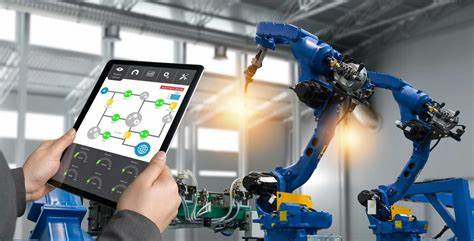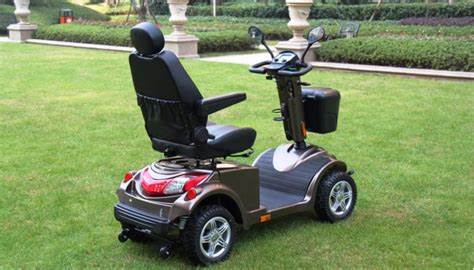The intersection of the Internet of Things (IoT) and industrial automation is paving the way for a new era of efficiency, productivity, and innovation across various sectors. This article delves into the transformative impact of IoT industry automation, exploring its applications, benefits, and the challenges that come with this technological convergence.
The Power of Connectivity and Data
Contents
At its core, IoT industry automation involves the integration of IoT technologies into industrial processes, enabling the seamless exchange of data between devices, machines, and systems. This connectivity lays the foundation for intelligent decision-making, predictive analytics, and enhanced control over complex operations.
Smart Manufacturing and Predictive Maintenance
In manufacturing, IoT-driven automation is synonymous with smart factories. Sensors embedded in machinery collect real-time data, offering insights into performance, production efficiency, and quality. This data fuels predictive maintenance, where algorithms analyze patterns to predict equipment failures before they occur. This proactive approach minimizes downtime, reduces maintenance costs, and optimizes resource allocation.
Supply Chain Optimization and Real-time Tracking
IoT transforms supply chain management by providing unprecedented visibility and traceability. IoT-enabled devices track the movement and condition of goods throughout the supply chain, facilitating real-time monitoring of inventory levels, delivery routes, and environmental conditions. This real-time tracking enhances inventory management, reduces losses, and ensures timely delivery, all of which contribute to cost savings and customer satisfaction.
Data-Driven Insights and Decision Making
IoT devices generate massive amounts of data that, when properly harnessed, provide valuable insights. Advanced analytics and machine learning algorithms process this data to uncover trends, anomalies, and opportunities for improvement. Businesses can make informed decisions based on data-driven insights, ranging from optimizing production processes to understanding customer preferences and market trends.
Enhanced Safety and Risk Mitigation
IoT plays a crucial role in improving workplace safety and minimizing risks. Sensors monitor environmental factors, equipment conditions, and employee well-being. In hazardous industries, real-time data collection and analysis help prevent accidents and ensure compliance with safety regulations. Moreover, the ability to respond quickly to critical situations enhances both safety and operational efficiency.
Energy Efficiency and Sustainability
Sustainability is a growing concern for businesses worldwide. IoT-based energy management systems monitor energy consumption patterns and offer actionable insights to reduce waste and improve efficiency. By identifying energy-intensive processes, companies can implement strategies to minimize their carbon footprint, lower operational costs, and align with sustainable practices.
Challenges and Considerations
While IoT industry automation holds immense potential, it comes with challenges. Security and data privacy are paramount, as interconnected systems create vulnerabilities that malicious actors could exploit. Data management and interoperability also pose challenges, as data from various sources must be integrated and standardized for meaningful analysis.
The convergence of IoT and industry automation is ushering in a new era of industrial excellence. By leveraging the power of connectivity, data analytics, and real-time insights, businesses can optimize processes, reduce costs, enhance safety, and deliver exceptional customer experiences. Embracing this transformation requires a strategic approach to address challenges and ensure that the benefits of IoT industry automation are fully realized, propelling businesses toward a brighter and more efficient future.



